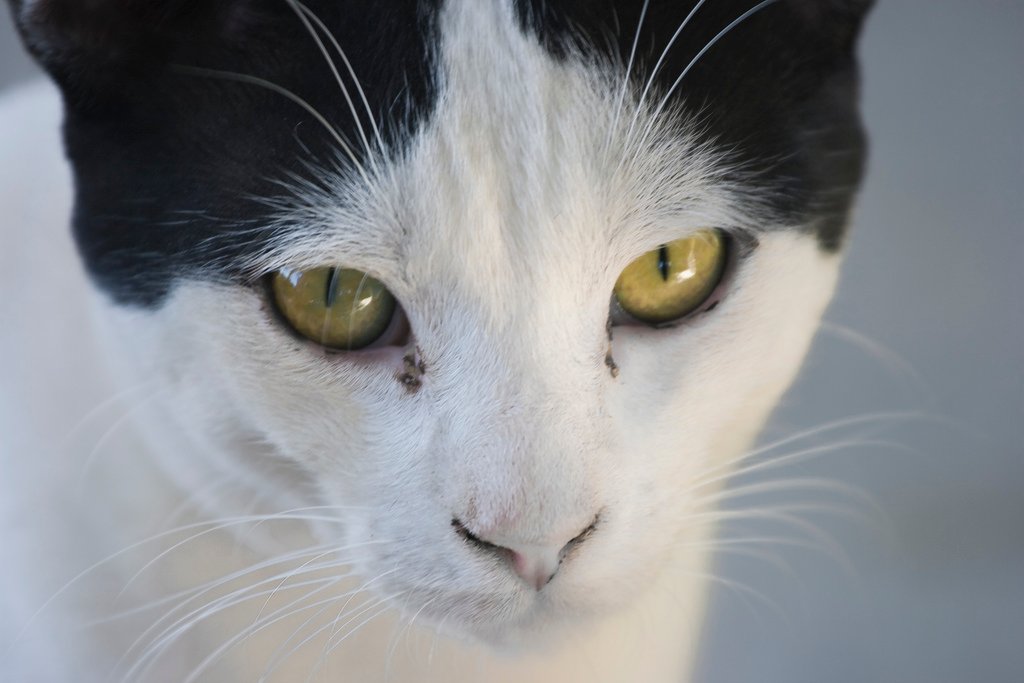Cats have been cherished companions to humans for thousands of years, dating back to ancient Egypt and beyond. This bond is not merely historical; it has profound implications for our well-being. Owning a cat can be a rewarding experience that brings numerous physical and psychological health benefits.
Reducing Stress and Anxiety

Interacting with cats has been scientifically proven to reduce stress and anxiety. The simple act of petting a cat can increase levels of serotonin and dopamine in the brain, which help improve mood and reduce stress. Their tranquil nature can be soothing, making them ideal companions for those who lead hectic lifestyles.
Heart Health Benefits

Owning a cat has been linked to improved cardiovascular health. Research shows that cat owners have a lower risk of heart attack and stroke. The calming presence of a cat can help lower blood pressure and reduce cholesterol levels, contributing to overall heart health.
Boosting Immune System

Living with a cat can strengthen your immune system. Regular exposure to pet allergens in early life is thought to build immunity and decrease the risk of allergies and asthma. The companionship of cats can also motivate individuals to lead healthier lifestyles, further boosting their immune systems.
Enhanced Mental Health

Cats offer emotional support and companionship that can significantly enhance mental health. They provide a sense of purpose and responsibility, which is particularly beneficial for individuals struggling with depression or loneliness. The non-judgmental and consistent nature of a cat’s company can improve one’s emotional well-being.
Therapeutic Benefits

The soothing vibration of a cat’s purr can have therapeutic effects on the human body. This low-frequency sound has been linked to decreased symptoms of dyspnea and lowered blood pressure. It’s also believed to promote healing and tissue regeneration, contributing to faster recovery from injuries.
Encouragement of Physical Activity

While cats are often seen as low-maintenance pets, they still require playtime and attention, which encourages physical activity among their owners. Engaging in interactive play with cats not only stimulates their instincts but also provides owners with opportunities for light exercise and active participation.
Social Connection and Interaction

Owning a cat can improve social connections. Cat owners often share experiences and bonds with their pets, both in real life and online communities. These interactions can enhance social skills and expand social networks, contributing positively to one’s social life.
Aids in Learning Responsibility

Caring for a cat instills a sense of responsibility and routine. Cats require feeding, grooming, and veterinary care, providing owners with structured daily tasks. This sense of duty can be especially beneficial for children, teaching them empathy and the importance of caring for living beings.
Improved Sleep Quality

The presence of a cat can improve sleep quality for many people. Their warm body and gentle purring can provide comfort and a sense of security, aiding in relaxation and deep sleep. However, this benefit varies among individuals, as some may find a pet’s movements disruptive.
The Bottom Line

Owning a cat is more than just having a pet; it involves reaping a variety of health benefits that enhance physical, emotional, and social well-being. While each person’s experience with their feline friend is unique, the potential health benefits they offer make them wonderful companions for many.






